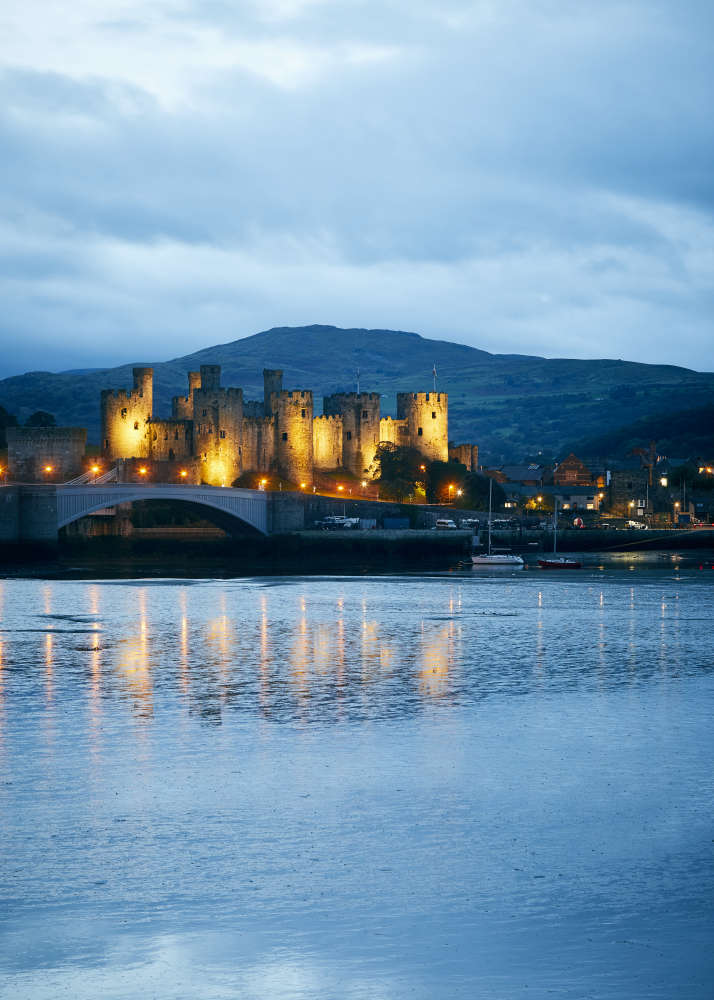
Tourism bosses have warned businesses are being "bled dry" by red tape amid fears new licensing rules will drive small family-owned operators out of the market.
In written evidence to the Senedd, North Wales Tourism urged ministers to "slow down", warning of a growing regulatory burden and a 30% business downturn in some areas.
Last week, the Welsh Government set out plans to license self-contained, self-catering accommodation on the back of reforms including a tourism tax and mandatory registration.
North Wales Tourism, which represents more than 1300 businesses in the region, stated its members feel the sector is being "bled dry" to fund other priorities without reinvestment.
The not-for-profit membership organisation warned additional red tape risks driving investment toward competitor destinations such as Ireland, France or Spain.
'Unimaginable'
Appearing before the Senedd economy committee on Thursday, Glenn Evans, who chairs North Wales Tourism, said the industry is already facing a "ream" of challenges.
Mr Evans warned of a lack of data on the sector, which is Wales' largest private-sector employer, warning the bill has the potential to disrupt the marketplace.
"The consequential effects of it could be profound," he said. "And of a scale as yet unimaginable or able to quantify as far as the Welsh Government is concerned."
He agreed consultation and engagement on the tourism bill had been tokenistic.
Mr Evans, who runs hotels in Betws-y-Coed, expressed concerns about the 182-day letting threshold to qualify for business rates instead of the higher council tax.
'Huge understatement'
A self-catering operator for more than 25 years, he told the committee: "There is a cumulative impact, just the sheer volume of legislation to get our heads around."
Mr Evans described layering a licensing scheme for some operators on top of registration as onerous, with some second home owners stopping letting due to the increased burden.
Charlie Reith, a board member of the Short-term Accommodation Association, suggested the tourism bill has been rushed through by Welsh ministers.
"We are concerned the Senedd is being asked to approve something without a clear evidence base and time to scrutinise," he said.
He described the Welsh Government's acknowledgement that it has been a "particularly busy time" for the tourism industry as a "huge understatement".
David Chapman, executive director of UKHospitality Cymru, told the committee the industry has been "beset" by regulations over the past five years.
'Underestimate'
Mr Reith, who is also an Expedia group director, said: "If you're operating a self-catering business, you're facing much more regulation than you have done in previous years."
He said operators face applying for planning permission, 100% increased council tax, removal of small business rates and tax changes for furnished holiday lets.
He told the committee: "Cumulatively, that is potentially thousands of pounds in additional costs... so any additional requirements or fees have to be seen within that context."
Asked about a £75 annual licence fee, Mr Reith questioned the credibility of the indicative figure and described a £4.5m forecast of compliance costs as an underestimate. A previous evidence session heard fees in Scotland range from £205 to £5,698.
Mr Reith warned too many elements, such as details of the licence renewal process, are left to future regulations rather than set out within the bill providing certainty.
'Major events'
On enforcement, he suggested powers of entry and inspection set out in the bill were "too intrusive" and called for reassurance through guidance about how the powers will be used.
Mr Reith argued against plans to potentially make booking platforms criminally liable for ensuring thousands of operators display correct registration details.
Councils warned new licensing rules – which will come into force in 2029, if passed – could impact Wales' ability to host major events by deterring casual hosts from renting out rooms.
In written evidence, the Welsh Local Government Association said small-scale providers usually absorb demand during the Six Nations and the Royal Welsh Agricultural Show.
Council leaders warned informal hosts may simply withdraw their properties from the market if faced with more compliance costs, putting a squeeze on precious accommodation space.


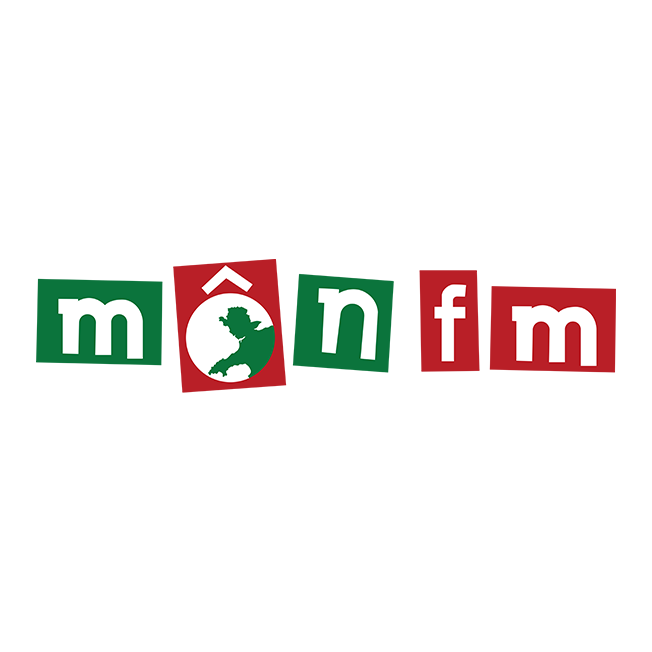




 Llangefni: major gas works underway
Llangefni: major gas works underway
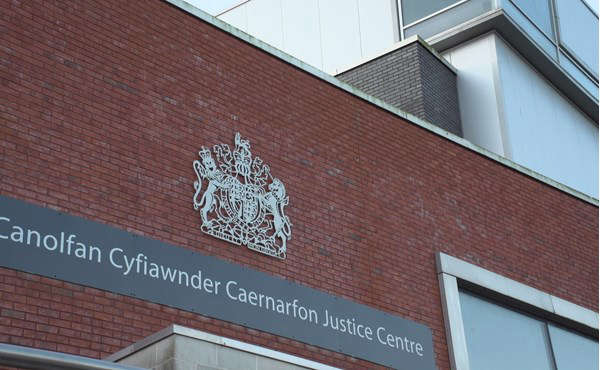 DWP manager fined for selling illegal tobacco
DWP manager fined for selling illegal tobacco
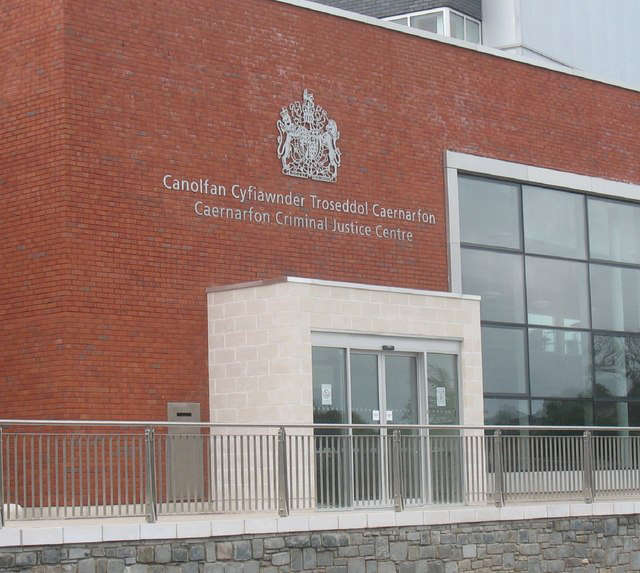 Cemaes Bay man admits drug dealing
Cemaes Bay man admits drug dealing
 Bangor man jailed for controlling behaviour
Bangor man jailed for controlling behaviour
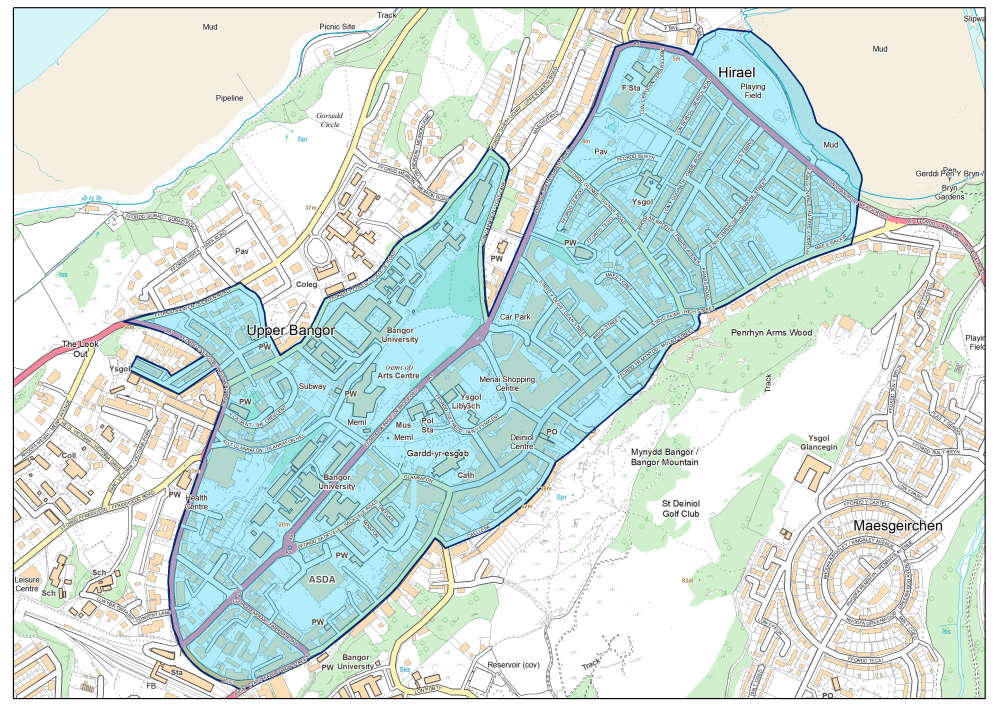 Bangor protection order extended
Bangor protection order extended


